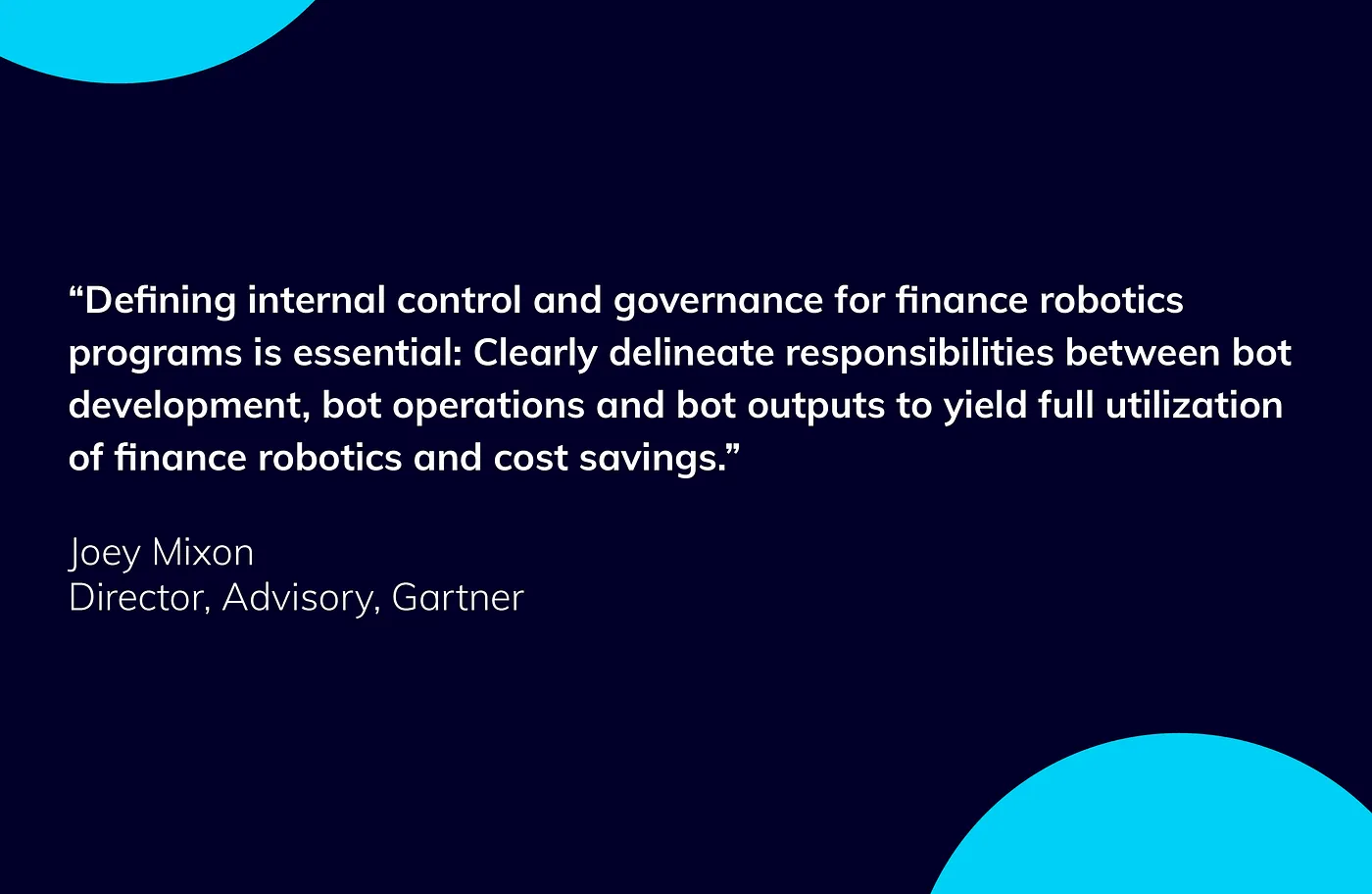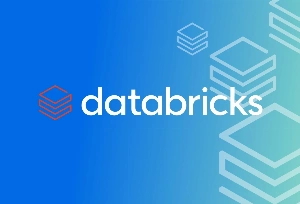Organizations that leverage robotic process automation in finance and accounting can also reap these advantages.
- Freed up employees: Even though there have been significant advancements in technology, many workers are still forced to take on tasks with little added value and less subjectivity. Robotic process automation can help free up employees through the automation of various tasks. In turn, human labor can be directed to essential functions that call for human judgment.
- Minimized human error: Processes that are predominantly handled by humans like financial reporting automation are prone to mistakes, which often have severe consequences for a financial establishment. However, with robotics, financial processes will be more error-proof, increasing client satisfaction, and avoiding losses in organizations.
- Effective audits: Human audits tend to be unreliable since people cannot remember past happenings well. With robotic process automation, businesses can make logs of every event, allowing for a more thorough auditing process.
RPA use cases in finance and accounting
The benefits of RPA in finance are great. As Craig Le Clair, principal analyst and VP at Forrester Research, says, “RPA works well for simple processes that operate in relatively high transaction volumes, finance, and accounting processes are ripe with them.” Today, RPA software is applied in a variety of daily financial processes or functions. Some of these include:
Investment advisory
Robots can offer financial consulting more efficiently and at a lower cost than humans. With the help of RPA, people make wiser investment choices.
Reconciliation
RPA accounting software is also being widely used. It can be used in ledger management as well as checking financial records for accuracy and quality and high-quality financial reporting automation and swift invoice processing.
Expenses management
Tracking and managing expenses can quickly get out of hand, especially where you are getting receipts for different payments. By using RPA, you can save on the time you spend on expenses control. And, you will eliminate the chances of making errors.
Price comparison
Another way that businesses use robotics in their financial matters is in comparing prices. RPA can follow up on fluctuating prices and send a notification when rates are low.
Managing inventory
Robotic systems can help you manage inventory processes such as shipment, receipt verification, inventory reconciliation, etc.
These are just a couple of RPA applications in finance as well as financial functions of all kinds of businesses. In reality, there are several places that RPA can be implemented. As long as a process has a repetitive aspect to it, RPA can make it more efficient, cost-effective, and accurate.
Wrapping up
There is no limit in finance processes for RPA. It will save you costs, limit errors, and improve compliance. Contact inVerita to know more about the robotic process automation finance function.







